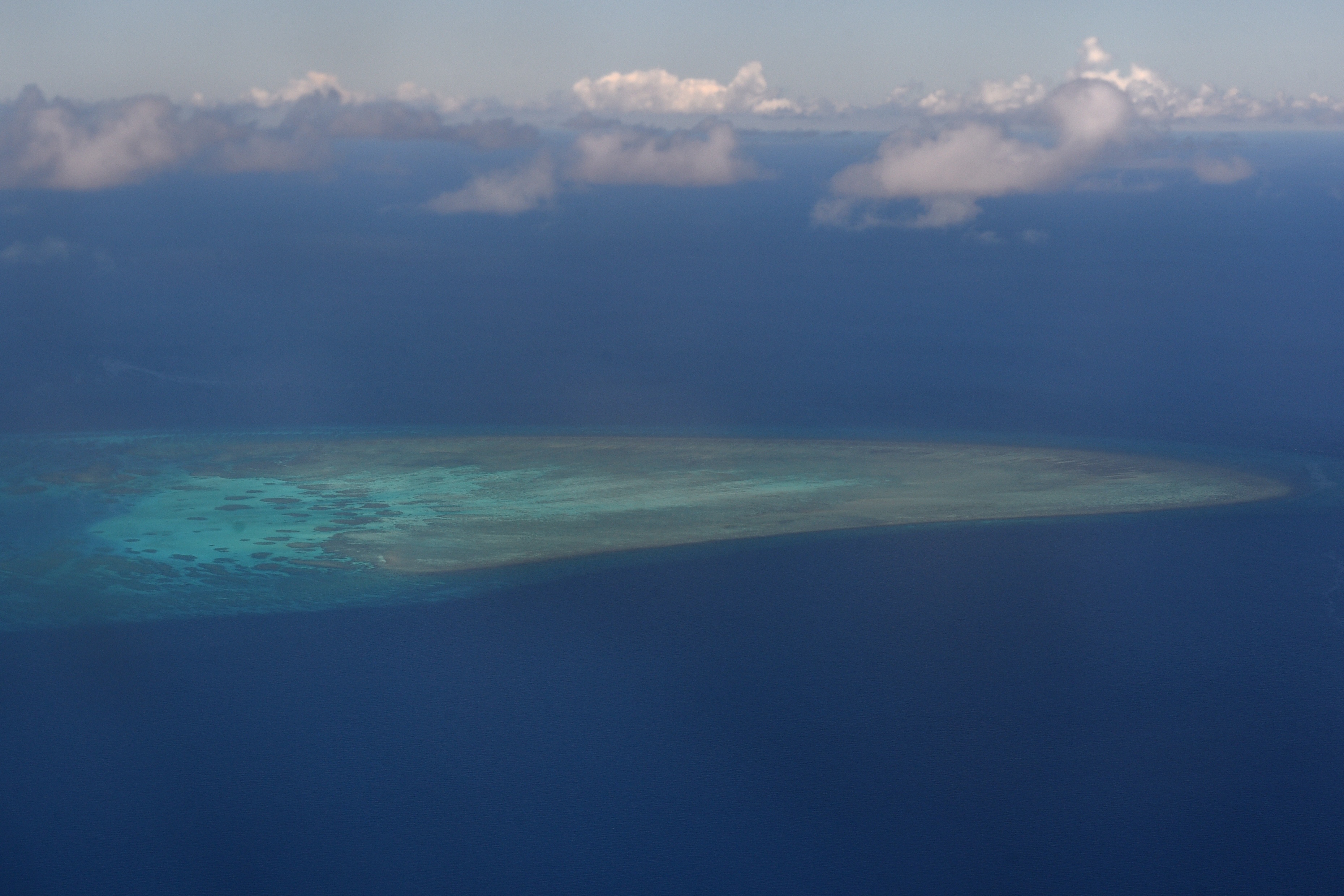Southeast Asian nations feuded Sunday over how to respond to Chinese expansionism in the South China Sea, with Vietnam insisting on a tough stance but Cambodia lobbying hard for Beijing, diplomats said.
The debates among foreign ministers of the 10-member Association of Southeast Asian Nations (ASEAN) at a security forum in the Philippines were the latest in years of struggles to deal with competing claims to the strategically vital sea.
The ministers failed to release a customary joint statement after meeting on Saturday because of their differences on the sea issue, and follow-up negotiations on Sunday did not end the stand-off, two diplomats involved in the talks told AFP.
"There's still no consensus," one of the diplomats said, adding the disagreements over the wordings on the sea issue were holding up the release of the communique.
"Vietnam is adamant, and China is effectively using Cambodia to champion its interests. But the Philippines is trying very hard to broker compromise language."
Vietnam had insisted that tough language be inserted into the statement expressing concern over "land reclamation", a reference to an explosion in recent years of Chinese artificial island building in contested parts of the waters.
Cambodia, one of China's strongest allies within ASEAN, has firmly resisted, according to the diplomats involved in the talks in Manila, as well as an excerpt of proposed Cambodian resolution obtained by AFP on Sunday.
China claims nearly all of the sea, through which $5 trillion in annual shipping trade passes, and its artificial islands have raised concerns it could eventually build military bases there and establish de facto control over the waters.
Its sweeping claims overlap with those of ASEAN members Vietnam, the Philippines, Malaysia and Brunei.
No consensus
Tensions over the sea have long vexed ASEAN, which operates on a consensus basis but has had to balance the interests of rival claimants and those more aligned to China.
Critics of China have accused it of trying to divide ASEAN with strong-armed tactics and chequebook diplomacy, enticing smaller countries in the bloc such as Cambodia and Laos to support it.
The Philippines, under previous president Benigno Aquino, had been one of the most vocal critics of China and filed a case before a UN-backed tribunal.
The tribunal last year ruled China's sweeping claims to the sea had no legal basis.
But China, despite being a signatory to the UN's Convention on the Law of the Sea, ignored the ruling.
The Philippines, under new President Rodrigo Duterte, decided to play down the verdict in favour of pursuing warmer ties with Beijing. This in turn led to offers of billions of dollars in investments or aid from China.
"It's clear that China's pressure on individual ASEAN governments has paid off with few prepared even to reiterate statements that they have made many times before," Bill Hayton, a South China Sea expert and associate fellow with the Asia Programme at Chatham House in London, told AFP.
"Beijing's task has been made easier because the Philippines holds the (ASEAN) chair this year."
The ASEAN foreign ministers and their Chinese counterpart, Wang Yi, on Sunday adopted a framework for negotiating a code of conduct to defuse tensions in the sea.
Wang hailed this as a breakthrough.
But analysts cautioned not to place too much significance on the agreement on a framework, pointing out it came 15 years after a similar document was signed committing the parties to negotiating a code of conduct.
Philippine foreign ministry spokesman Robespierre Bolivar told reporters the ASEAN joint statement would be released by the time meetings with foreign ministers from other Asia-Pacific nations wrapped up in Manila on Tuesday.
But one diplomat involved in the talks told AFP that Vietnam and Cambodia were holding firm on Sunday.
"The atmosphere is still very tense due to the strong national interests of Vietnam and Cambodia," the diplomat said. - AFP
